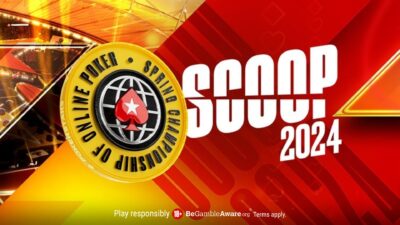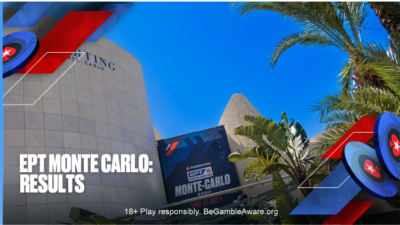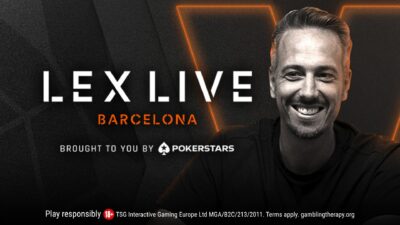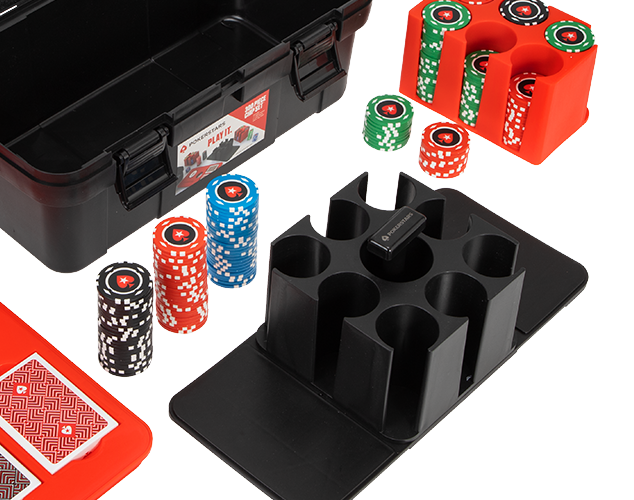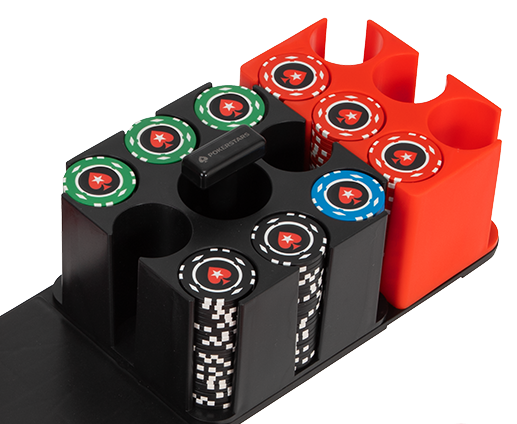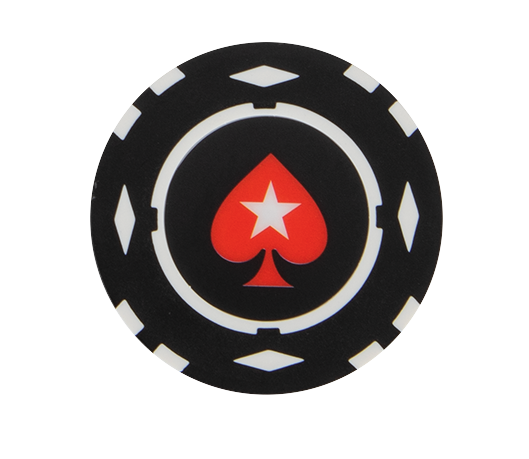It has been quite a few years since I first started playing poker, and as you surely know, there is so much more to it than just playing a game and winning money.
I ran through a lot of different stages in my career – from a play money regular, to a real money losing player, to a microstakes winning player, learning and improving myself, while grinding my way up through several stakes until ending up on the highest stakes available.
So in this blog post I am considering: What do you learn as a poker player? What experiences do you earn? What effects does it have on your character?
In the beginning, you’ll obviously have a lot of misconceptions about the game. You’re most likely perceiving actions and results incorrectly, and let yourself be influenced by psychological biases and emotions. I wrote about this in my previous article – being objectively wrong about certain actions and results due to subjective misbelieves.
So first and foremost, one thing you’re certainly learning is rational and analytical thinking: realizing when these “perception errors” are occurring, and finding ways to reduce or suppress them, so you get a clearer picture to what’s actually happening. Recognition of what is actually going on is only the first step. You also learn to not let emotions take over, which could eventually lead to making bad decisions.
This doesn’t only apply to poker, but to a lot of things in real life as well. Every action in general is under the influence of variance, and has a certain outcome probability. Once you understand that, and that over the long run, your life will most likely orient itself around your “life EV”, things just become much more acceptable. You can certainly run bad and have a downswing in real life as well, but if your work on your life EV, an upswing surely has to show up as well.
To conclude my first point: rational, self-critical, and analytical thinking is an important ability you learn in poker, and understanding key concepts around that is a beneficial and useful asset to your skill set. Your meta-cognition kind of changes and you usually are able to see things from a meta-perspective, for what they actually are.
Secondly, your view on money most likely will or has to change at one point. You might connect certain amounts of money with certain goods. So, if you see $100 you might think about what it might represent – a few hours of work, an external hard drive, a week worth of groceries – whatever it is. It’s difficult, if not almost impossible to play higher stakes with having such a connection. Weakening or even removing that connection, and seeing money for what it actually is – points within a global economic system – it’ll kind of help you to not get negatively affected by risking larger sums of it. Seeing money as points within the game that you earn, slowly getting a “higher score” over time, probably is the most common and best interpretation for higher stakes players.
Thirdly, balance. I will maybe write a separate article about that later on. Balancing poker with other aspects in life becomes extremely important at some point. People usually play poker because they have fun and/or earn money with it, but doing only that becomes either boring, or useless (because you’re not doing anything with the money you earn). So finding ways, to actually spend money wisely or expanding your own life away from the tables becomes quite central.
As far as experiences go: You will obviously meet a lot of different people, and poker might enable you to a host of new experiences. Those can be live tournaments and events, or something completely poker-unrelated like traveling to different places and trying new activities. I have tried a lot of new things since I started playing poker, and will surely continue to do so. In a few days, my Team Online short movie will be filmed, and some weeks later I’ll be visiting Paradise Island in the Bahamas for PCA, which will be my first time there – both new experiences, and I am super excited already about what they will bring.
Poker has a bad stigma for many people, but I think you should also see poker for its positive aspects, which I tried to outline here. I hope some of you people see it in a similar fashion.
Back to Top


